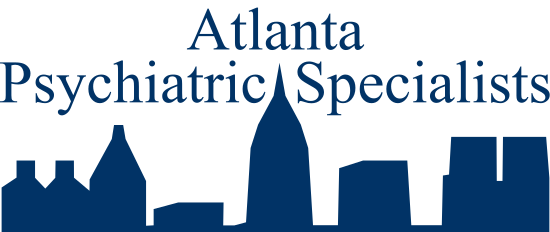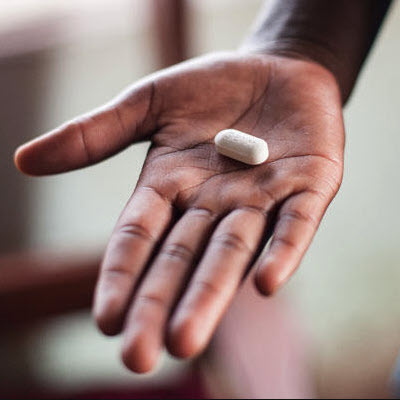 Medication for alcohol use problems coupled with sleep and psychotherapy can help with anxiety and depression.
Medication for alcohol use problems coupled with sleep and psychotherapy can help with anxiety and depression.
There are three main points in this post
- There are medications which assist your self control and reduce the urge and frequency of drinking alcohol.
- Very often anxiety and depression can be influenced by sleep problems and alcohol intake.
- “But at my back I always hear/ Time’s winged chariot hurrying near” (Andrew Marvell).
The Best Ways To Change
Good changes may happen. Problems may go away and they often do without any professional help. You may come up with something that you can do on your own without seeing a doctor. But it may take a long long time. I am thinking of people whose lives are right now, each day, being damaged (or seriously shortened) by alcohol, opioids, tobacco, depression. We have medications or psychotherapies which can improve or control these problems, and which can result in improvement within days or weeks.
Some people are opposed to medication because of a fear of side effects, or a preference for “natural” remedies, or prefer free will and choice in changing negative habits. They don’t have time to see a therapist, even though five or ten sessions may be sufficient. And we hear stories of herbs and vitamin success; of waking up one day suddenly changed and free of the problem; of new treatments not yet familiar to doctors; of amazing cures. And improbable things do happen all the time, and some people will prefer to wait. We tend to remember the unusual and dramatic happenings and cures, and pay less attention to what works on an everyday basis, weighing the evidence for and against.
The thing about published evidence based treatment is that we do know the expected success rate, the possible side effects, and the usual time it will take to work.
Medicine Or Self Help?
People are generally familiar with Chantix (varenicline), which reduces interest in smoking by tweaking brain receptors into thinking they don’t really need more nicotine (or at least that’s how I consider it.) The medication naltrexone does something similar for alcohol use, helping reduce desire to drink and making it less likely you will finish the drink you started. Another medication also approved for alcohol treatment by the FDA is acamprosate (Campral) which soothes glutamate brain receptors and helps reduce likelihood or amount of drinking. Several other medications including topiramate (Topomax) have had success in this arena.
Of course, before prescribing any of these medicines we look at the various risks and benefits as well as other options including the well known group programs (AA 12 step,etc), cognitive therapies, motivational treatment, stages of change therapy. But there is usually no conflict in combining medication treatment with another mode because the goal is to improve health and reduce illness, and each individual may have a unique solution.
Unfortunately, it occasionally seems like a political situation in which one person says “you shouldn’t take medicine because true cure can only be achieved by my way….”. And another says “All those meetings are nonsense, just give me a pill….” People are also influenced by family members or friends who may or may not be knowledgeable about alcohol or other substance use disorders.
When faced with a strong opinion, I suggest you ask for data and evidence which support that opinion, preferably not just one happy ending anecdote.
Suffering
A common syndrome I see is a person complaining of anxiety and fear mixed with moodiness and irritability and depressive sadness; and these issues are associated with relationship conflicts and/or work problems. Very often there is no absolutely single right diagnosis because these experiences are so complex with so many causes. Therefore there is no one right way to treat or correct this set of sufferings.
I tell people that the brain is the organ most heavily involved; that each of your eighty billion neurons (and there are billions of other supporting and modifying cells) has thousands of synapses. So we are dealing with a supertanker of trillions or quadrillions of cargo variations. Your conscious self is a kind of captain wanting to maneuver this vessel but without any knowledge of what is really going on below deck.
We will try various approaches to include self help, social support, psychotherapy, medication, etc.
 First, I have discovered that if I begin to pay attention to sleep patterns, especially insomnia and insufficient sleep, this begins to allow the other therapies to start working. Sleep allows the synapses to reset or recharge, and without efficient synapses (connections) the other therapies can’t do their thing. We don’t have to get to the ideal 7.5 hours of uninterrupted sleep: we just have to make progress and feel more rested.
First, I have discovered that if I begin to pay attention to sleep patterns, especially insomnia and insufficient sleep, this begins to allow the other therapies to start working. Sleep allows the synapses to reset or recharge, and without efficient synapses (connections) the other therapies can’t do their thing. We don’t have to get to the ideal 7.5 hours of uninterrupted sleep: we just have to make progress and feel more rested.
Second, if regular alcohol use is occurring, particularly more than two daily drinks on a regular basis, then reducing the toxicity burden of alcohol will also allow the various therapies and medications to begin doing their thing.
We don’t have to reach complete alcohol abstinence, since often just reducing the total daily or weekly burden of alcohol in the brain will allow the psychotherapy or medication to be effective. The goal is to reduce the time spent suffering.

 Medication and Self Control
Medication and Self Control
[…] Click HERE to for a deeper dive into alcohol, sleep, and medication from Dr. Grumet. […]